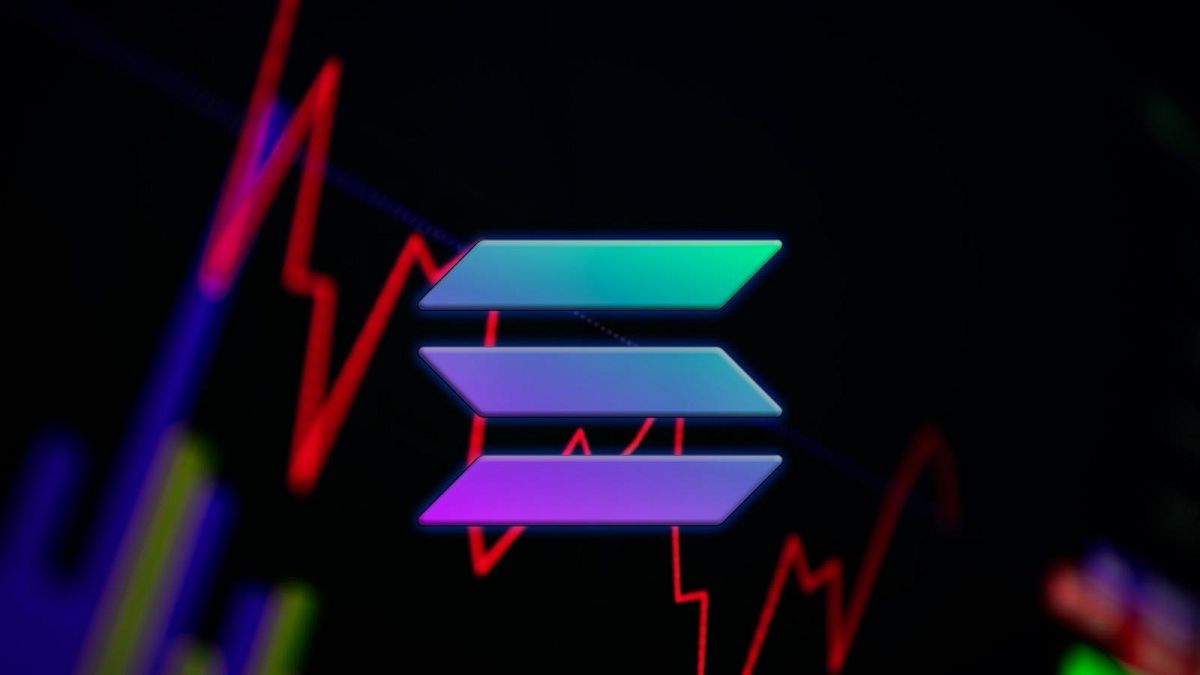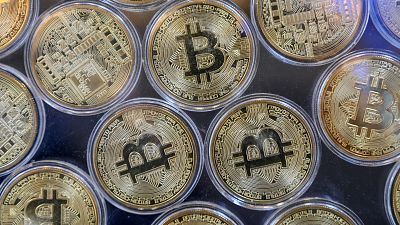The Head of Product Engineering at Solana (SOL) sits down with Euronews Next to explain what the crypto ecosystem is and what the future holds for it.
In a market dominated by Bitcoin and Ethereum, Solana (SOL) is carving out a new path to success. Often dubbed "the Ethereum killer", the growing blockchain and cryptocurrency ecosystem is bouncing back quicker from recent crypto losses.
But, what is it?
"Solana is an open network. Anyone can start building on it," Bartosz Lipinski, its Head of Product Engineering, told Euronews Next at the recent Solana Hacker House World Tour event in Dubai.
"We are giving people opportunities to get access to venture funds, knowledge from engineering team on Solana, and then people that can vet your ideas and then help you build," he added.
"So, if you are thinking about starting a company, I think building it in Web 3, especially on Solana, is probably the easiest route. Again, multiple teams went from probably like a few projects to 5000 within a year, funded their companies, and started hiring. And if you are thinking in terms of start-ups, that's like incredible".
How is it set apart from other blockchains like Ethereum?
"Solana is layer one that uses proof of stake, as many other networks," said Lipinski. "But what really distinguishes the network is the fact that it's really fast.
"Transactions are really cheap. So for most of the people, it will be fractions of a cent committed in four hundred millisecond block time, which is the fastest across all the blockchains".
While it is seen as an alternative to Ethereum because of lower fees and faster transactions, it often comes at the price of more centralisation. Indeed, the level of decentralisation compared to rivals Bitcoin and Ethereum is often one of the biggest criticisms of Solana.
"Solana Foundation actively is working on increasing the decentralisation of the network, " Lipinski said.
"Right now, we have almost 2000 nodes that are validating blocks every four hundred milliseconds. And we believe from Solana Foundation, at least that we will be reaching the level of decentralisation that Ethereum and Bitcoin have this year".
For more, watch the full interview with Lipinski in the media player above.



